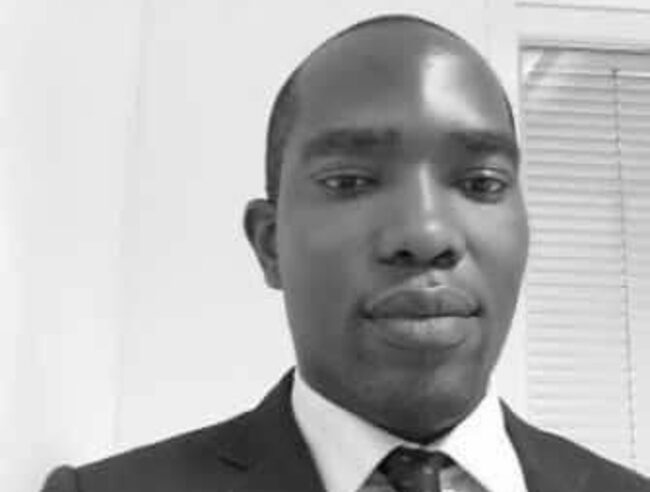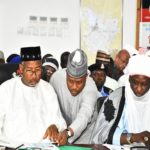As Nigeria stands on the brink of a transformative era for its energy and power sectors, the importance of innovative financing solutions cannot be overstated. With the planned commencement of significant projects like the Dangote Refinery and renewed investments in renewable energy infrastructure, the country has an opportunity to address its long-standing challenges in energy access and power generation. Babatope Davies, a project and structured finance expert, posits that the success of these projects hinges on the effective use of project and structured financing mechanisms. He argues that professional leadership and technical excellence in financial strategies can fuel Nigeria’s development journey beyond 2020.
Project and structured financing are indispensable tools for mobilising capital for large-scale infrastructure projects. Nigeria’s energy sector, with its pressing need for reliable power generation and distribution, is particularly reliant on these financing models. According to Davies, “Structured financing ensures that projects with high capital demands and long gestation periods are adequately funded while balancing risks between stakeholders.” He points to the Dangote Refinery, a $19 billion initiative poised to process 650,000 barrels of crude oil daily, as a prime example. Strategic financial structuring for projects of this magnitude not only facilitates their completion but also ensures long-term sustainability and profitability.
Nigeria’s electricity deficit, which affects over 85 million citizens, remains a major barrier to economic growth. Structured financing offers a viable pathway for addressing this challenge by attracting private investment into power generation and distribution projects. Davies emphasises that financial experts play a crucial role in aligning investment strategies with national energy goals. “The ability to secure funding for power plants and grid modernisation projects is essential for enhancing energy access and supporting industrialisation,” he notes. His experience in advising on a 1,250 MW open-cycle power plant demonstrates the impact of tailored financial solutions in expanding Nigeria’s power capacity.
Beyond traditional energy sources, renewable energy presents a critical avenue for Nigeria’s energy transformation. With abundant solar, wind, and hydro resources, the country has the potential to become a leader in clean energy. Davies advocates for structured financing to drive investments into renewable projects, emphasising their role in reducing Nigeria’s carbon footprint and expanding electricity access. “Renewable energy financing must be designed to overcome the barriers of high upfront costs and long payback periods,” he explains. By channelling investments into sustainable projects, Nigeria can align with global energy trends while meeting its development objectives.
The potential of the energy sector extends beyond supporting power generation initiatives to downstream activities like refining and petrochemical production, which in turn support other aspects of the economy. Davies highlights the Dangote Refinery as a transformative project that can significantly reduce Nigeria’s reliance on imported petroleum products. “With structured financing, projects like this can operate efficiently, saving billions of dollars annually and boosting Nigeria’s foreign exchange reserves,” he says. By facilitating the development of such projects, financial experts like Davies help build a self-sufficient energy ecosystem that supports economic growth.
Looking beyond 2020, Nigeria’s energy and power sectors will require continued innovation in financing to address emerging challenges and opportunities. As global energy markets evolve, the ability to adapt financial models to new realities will be key. Davies believes that Nigeria must prioritise capacity building in project and structured financing to remain competitive. “Investing in the next generation of financial experts will ensure that Nigeria can attract and manage the investments needed for its energy transformation,” he states.
In conclusion, the expertise of professionals is critical for unlocking Nigeria’s energy and power potential. Through project and structured financing, they provide the tools needed to fund transformative projects, manage risks, and ensure sustainable development. As Nigeria embarks on its journey towards energy security and economic resilience, the ability to attract key professionals who can structure bankable projects will continue to play a pivotal role in shaping the nation’s future. It is now clear that innovative financial solutions highlight the path forward for a brighter and more sustainable Nigeria.
WATCH TOP VIDEOS FROM NIGERIAN TRIBUNE TV
- Relationship Hangout: Public vs Private Proposals – Which Truly Wins in Love?
- “No” Is a Complete Sentence: Why You Should Stop Feeling Guilty
- Relationship Hangout: Friendship Talk 2025 – How to Be a Good Friend & Big Questions on Friendship
- Police Overpower Armed Robbers in Ibadan After Fierce Struggle






